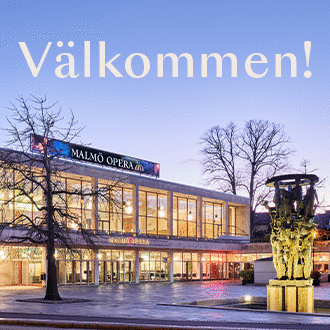Lundagård’s debate breakfasts are a chance to express and discuss issues that are relevant to us all. We hope that you’ll stop by during each session this spring.
While at university, it’s easy to get preoccupied by your studies and social activites and get swallowed up by the student bubble. Which will give you a pleasant time, I can assure you that. But as a change, we hope that our work at your student newspaper brings you some refreshing input and perspective on what’s going on inside and around your student life. Welcome to a new spring term, and a new edition of Lundagård.
In this edition, we’re diving in to a wide range of issues – such as students’ healthcare insurance system, concentration-enhancing drugs and massive open online courses. We hope that the topics we bring up are relevant and that they reflect the issues that you face in your daily life.
But when you either finished scrolling through the pages, or proofread every line, you’re not done. Just because the pages have reached an end, the final word hasn’t been said.
We think that we need more opportunities to address the issues that concern our situation as students. In terms of Lundagård reaching that goal, this spring will give you more chances to participate in a broader discussion on topics that hopefully concern you.
After each edition of the paper we’re inviting every reader to a debate breakfast, some of them in English, where involved parts get the chance to expand on one of the main topics from the edition. on wednesday the 30th of January at eight a clock, you’re invited to join us at the Café Athen in the AF building to bring your opinion into the discussion. This time, the status of the humanities is on display.
Scrutinised and discussed through at least the last decades, we might now see a new turn coming up in the debate about the status of the humanities. For instance, both law and economics student debaters ask for more inclusion of humanities related issues in their subjects.
Could the humanities get another push in the right direction if further integrated into other subject within the academia? Or would its essence at the very same turning point be swallowed and thus left without any substance at all? Read the cultural review on page 28-29, or in English online at Lundagard.net, and continue the debate with us. I also hope that this is a place for you to bring your own thoughts on what your student newspaper should cover more (or less).
And by this, we hope to encourage more interesting debates this spring. What do you think?
Come by the office, send your thoughts to us or comment on our webpages.










